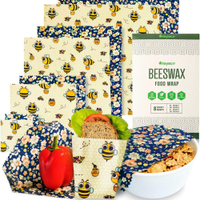These five sustainable home hacks will help you save money and lower your carbon footprint
Looking to cut the costs around your home this year? These sustainable home hacks will do just that whilst also benefitting the environment too!
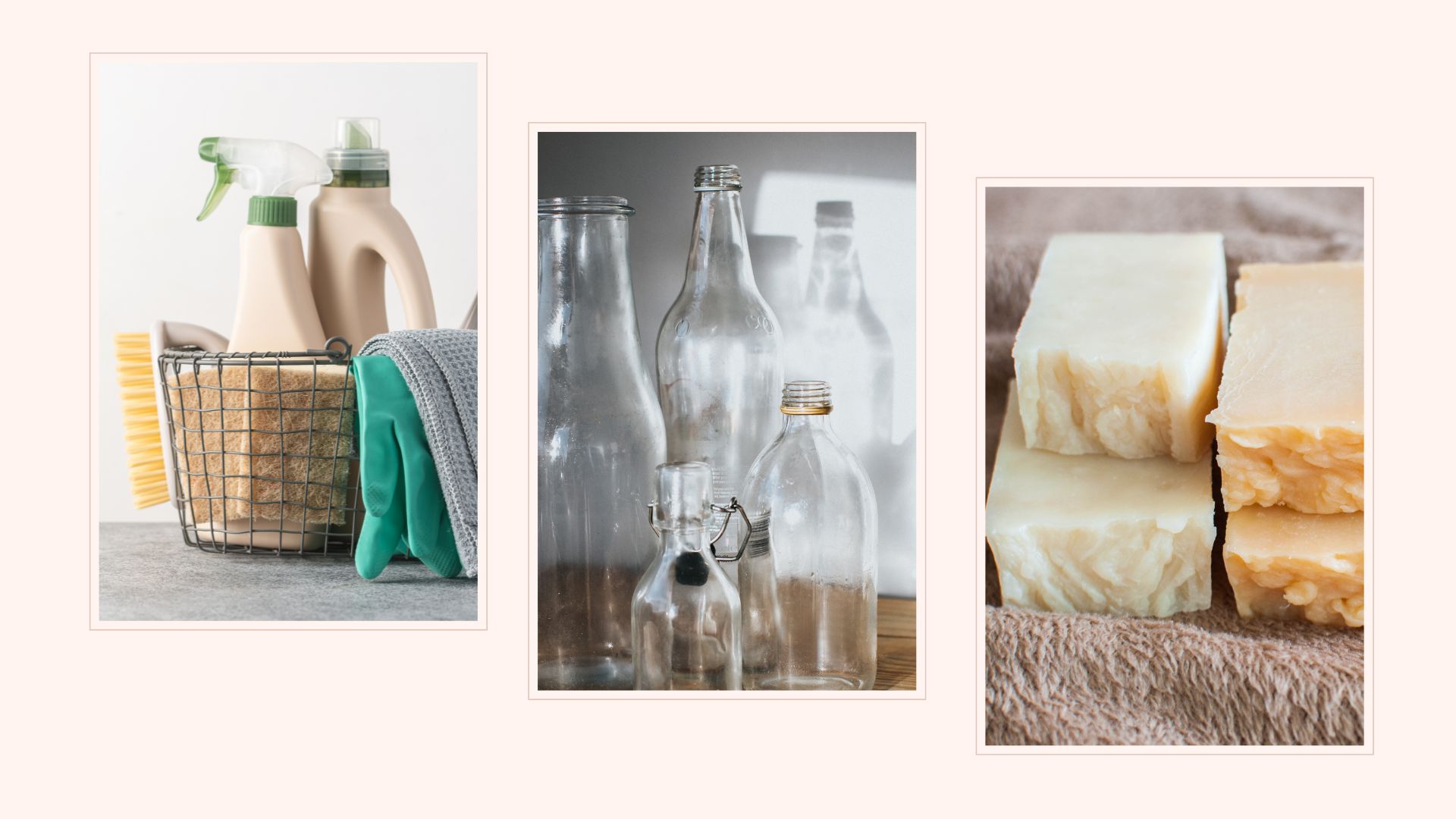

When it comes to sustainable home solutions, more often than not they tend to cost more than they save. So if you do not want to completely redesign your home's energy system, here are some great money-saving hacks that will help the environment too.
Whether you're using sustainable garden ideas in your outdoor space regularly or are simply looking for ways to reduce waste, figuring out easy quick swaps to make in your daily routine can be a great place to start.
Aside from the usual ways to live sustainably, there are some helpful habits you can pick up which will stop you from using and buying more than you need.
Considering this, we spoke to a sustainability expert to find out what hacks we could use to live a much greener more financially responsible life.
Five home hacks to save you money and reduce waste
So what steps can you take to create a more sustainable home? Similar to the ways you can improve your home's health, there are several steps you can take to make more sustainable choices and actions.
Here are five sustainable home hacks recommended by Bernie Wiley, Director of Sustainability at Who Gives A Crap, the ethical toilet paper brand.

With over 15 years of experience in the sustainability industry, Bernie has worked for various domains in the supply chain with time at a range of large corporations and smaller retailers. He is a champion of sustainability and a graduate of WorkforClimate Academy, now Bernie is behind the sustainable power of the eco-friendly toilet paper brand Who Gives A Crap.
1. Go solid
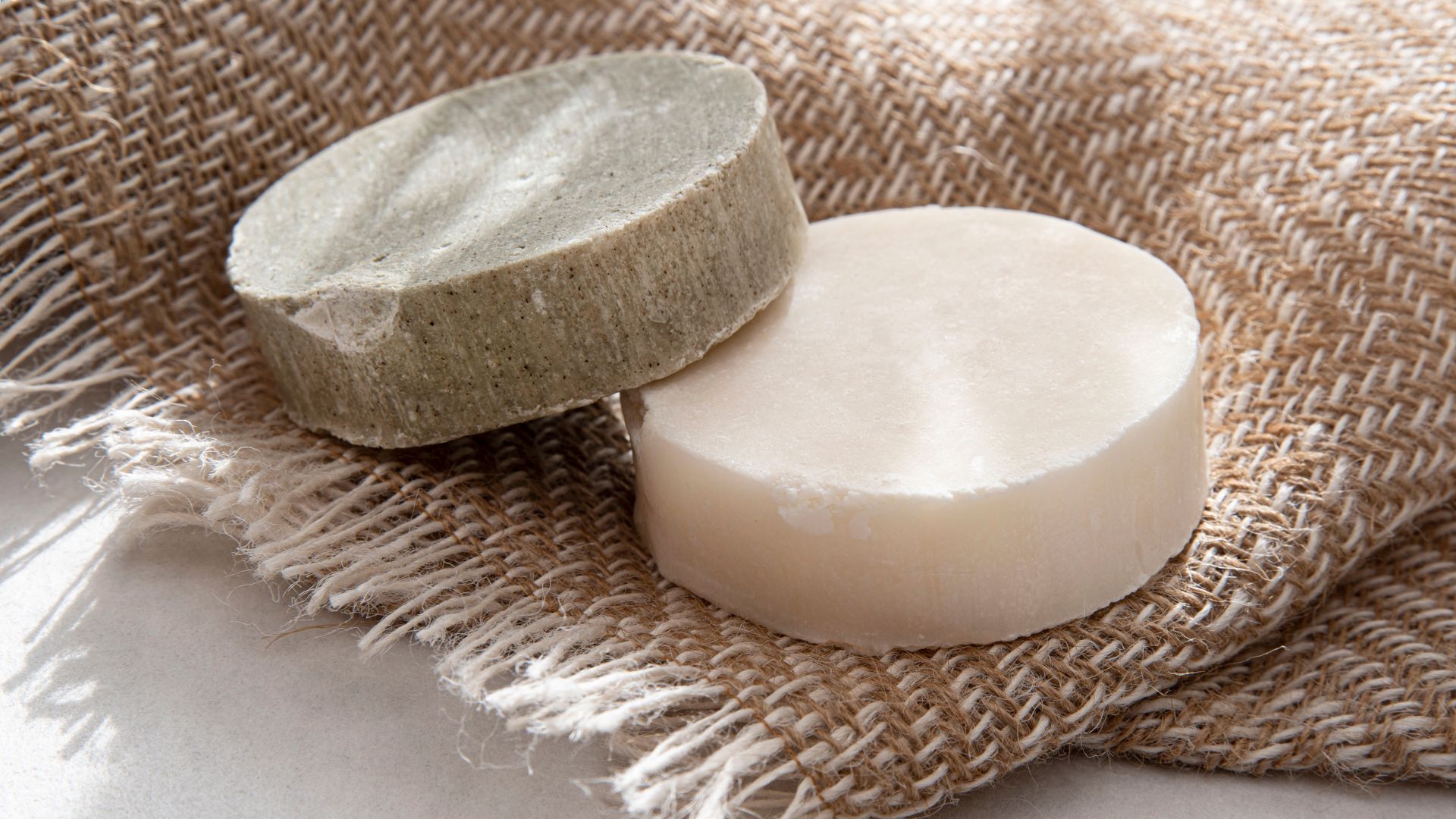
One of the easiest ways to reduce your plastic consumption as well as save money, is to go solid with your cleaning products. Aside from levelling up expert cleaning hacks, choosing solid products for your personal hygiene is also a really great idea.
Sign up for the woman&home newsletter
Sign up to our free daily email for the latest royal and entertainment news, interesting opinion, expert advice on styling and beauty trends, and no-nonsense guides to the health and wellness questions you want answered.
"Bar products like soaps and shampoos can often go further and last longer than their liquid counterparts, making them a great money-saver. With minimal packaging of recyclable paper or cardboard, these bars are also a more planet-friendly alternative to plastic bottles," explains Bernie.
Another advantage of solid cleaning bars is that they take up a lot less space in your bathroom, so if you're constantly looking for ways to declutter your bathroom and keep it free from an endless supply of bottles, go solid!
2. Bulk buy
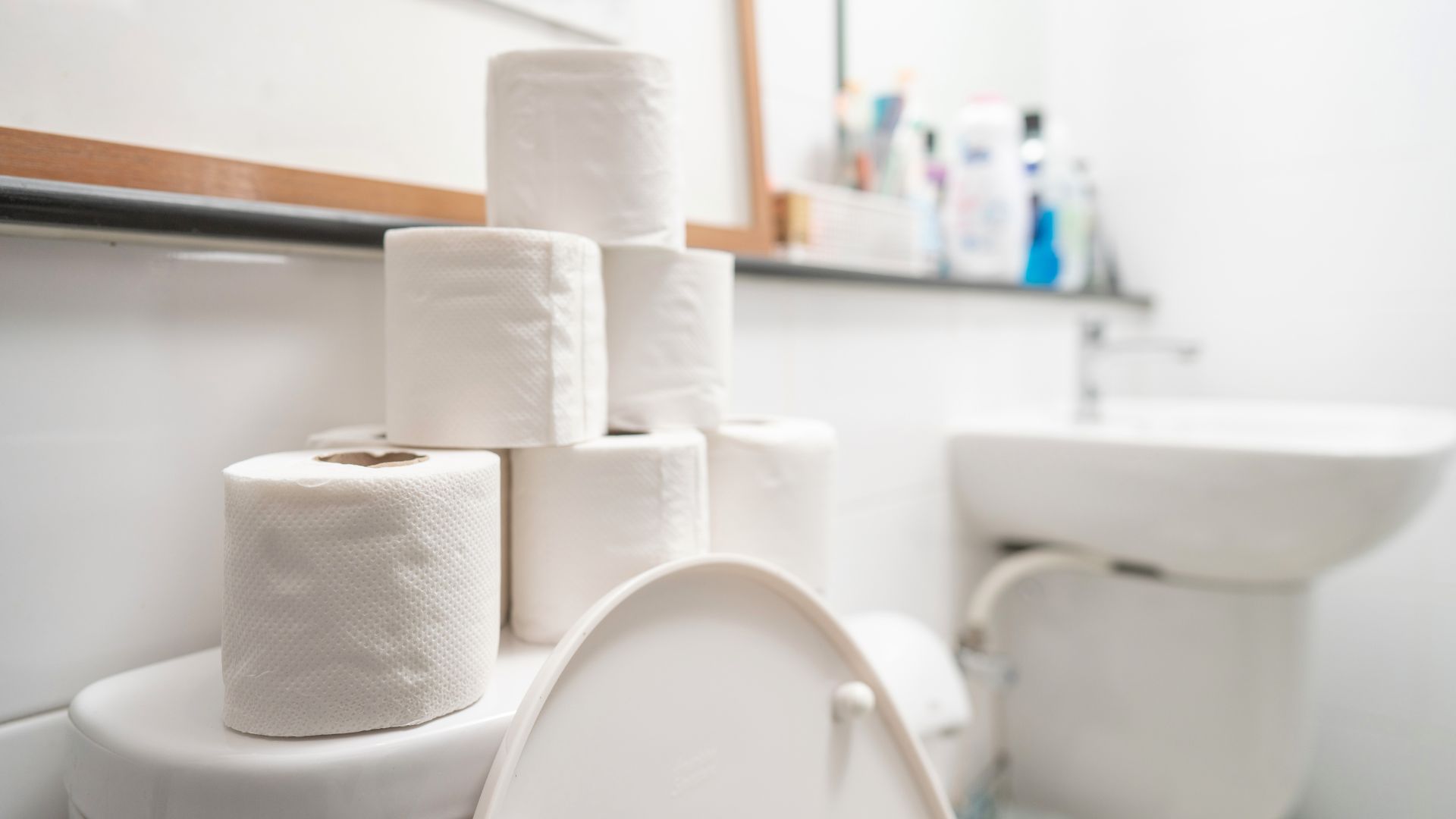
If you're a member of a larger household you may have already been bulk buying for a long time, but there's no denying the money it can save you in the long run. Unless you're trying to learn how to organise a small space in your home then bulk buying may make that a little difficult.
Bernie is quick to highlight just how useful bulk buying is, when the space allows of course. "Save by switching up your shopping habits to favour bulk buys. While this may be a larger initial investment, bulk items are often sold at a cheaper rate per unit, saving you money in the long run," he says.
And it's not just food, Bernie explains that cleaning products, pet food, tissues and more can all be bought in bulk too. Shopping this way will also help you automatically cut down on your plastic usage, it's a win-win!
3. Reuse food containers
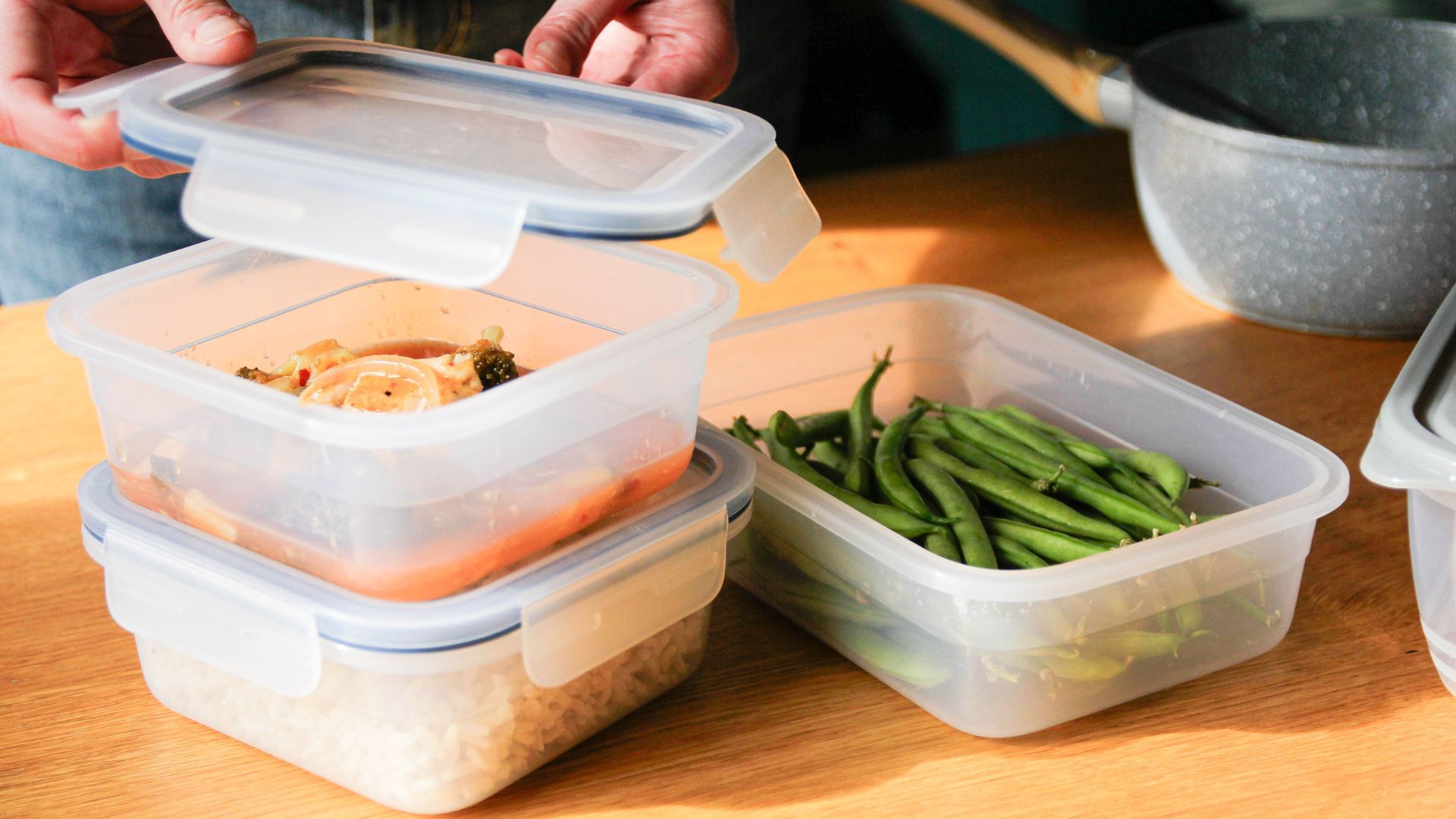
Similar to how you'd use eggshells in the garden instead of putting them straight in the bin, you can reuse your old food containers too. Whether it's old jam jars or plastic Tupperware from your weekend takeaway, these seemingly single-use items can be used for months after you first get them.
"You can reuse old storage containers, everything from old jam jars to yesterday’s takeaway boxes can be given another life with leftovers. These are particularly great for decanting food from home for snacking when you’re on the move, avoiding the additional plastic of pre-packaged snacks which can also often be more expensive," says Bernie.
4. Remove single-use products from your life
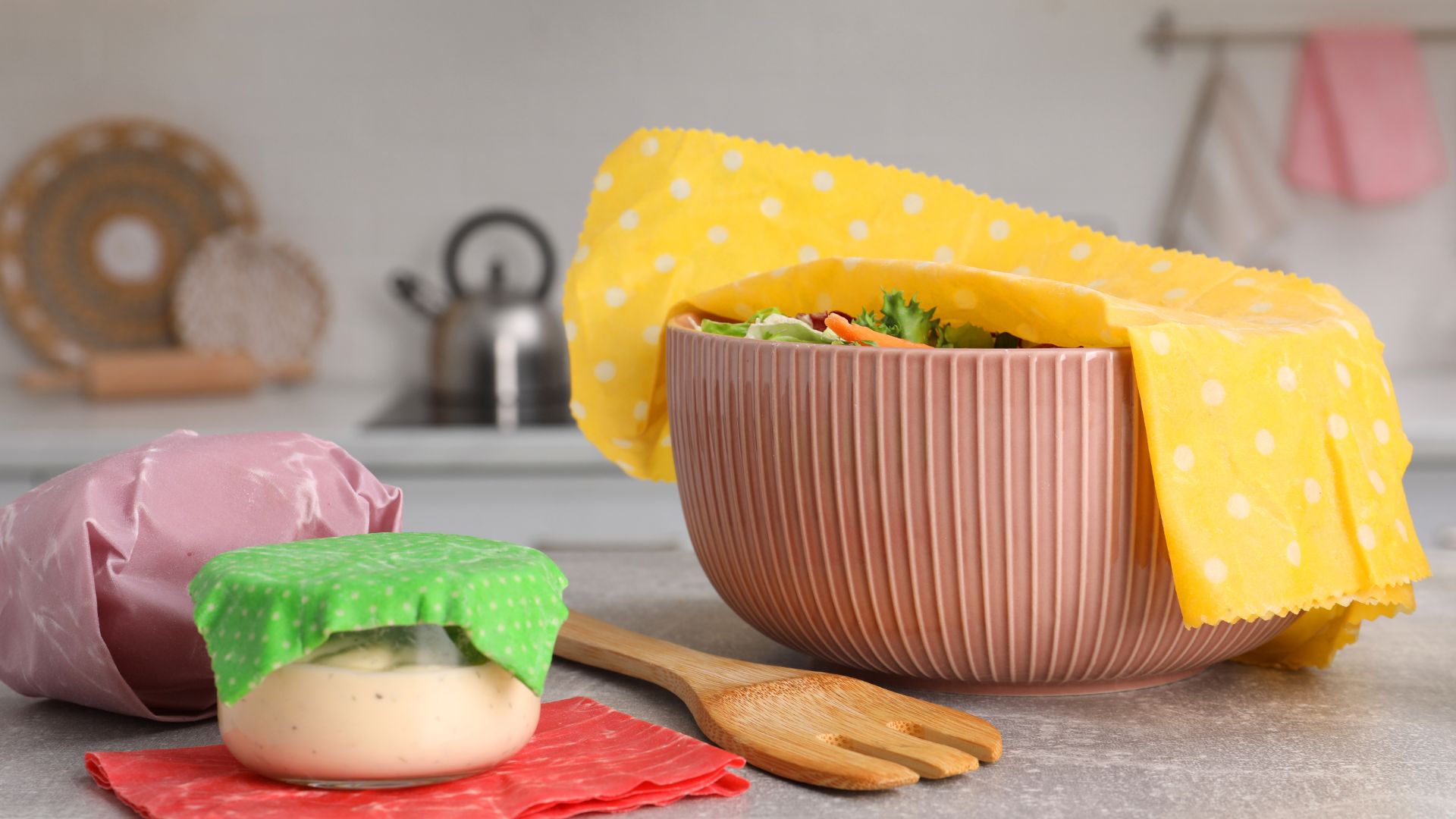
It's not just making the most of the single-use items you already have but also trying to avoid using them or buying them altogether. Only purchasing reusable products is the most effective way of reducing your waste consumption.
Swapping your regular cling film use with clean tea towels, beeswax wrap or even silicone bowl covers can stop your need to ever purchase the plastic wrap again. "You’ll always get more for your money when you can reuse an item. For instance, when tackling daily spills in the kitchen, opting for reusable dishcloths instead of traditional paper towels will mean you get hundreds of uses rather than just one," explains Bernie.
If you want to clean your house like a professional there's nothing like a high-quality microfibre cloth and of course, you can wash and reuse for as long as possible.
Beeswax Wraps, set of 8: £14.95 at Amazon
Sick of buying cling film and looking for a planet-friendly alternative? These beeswax wraps are ideal for resealing open containers, and packing lunch and can be easily washed with cold water and soap.
5. Choose refillable
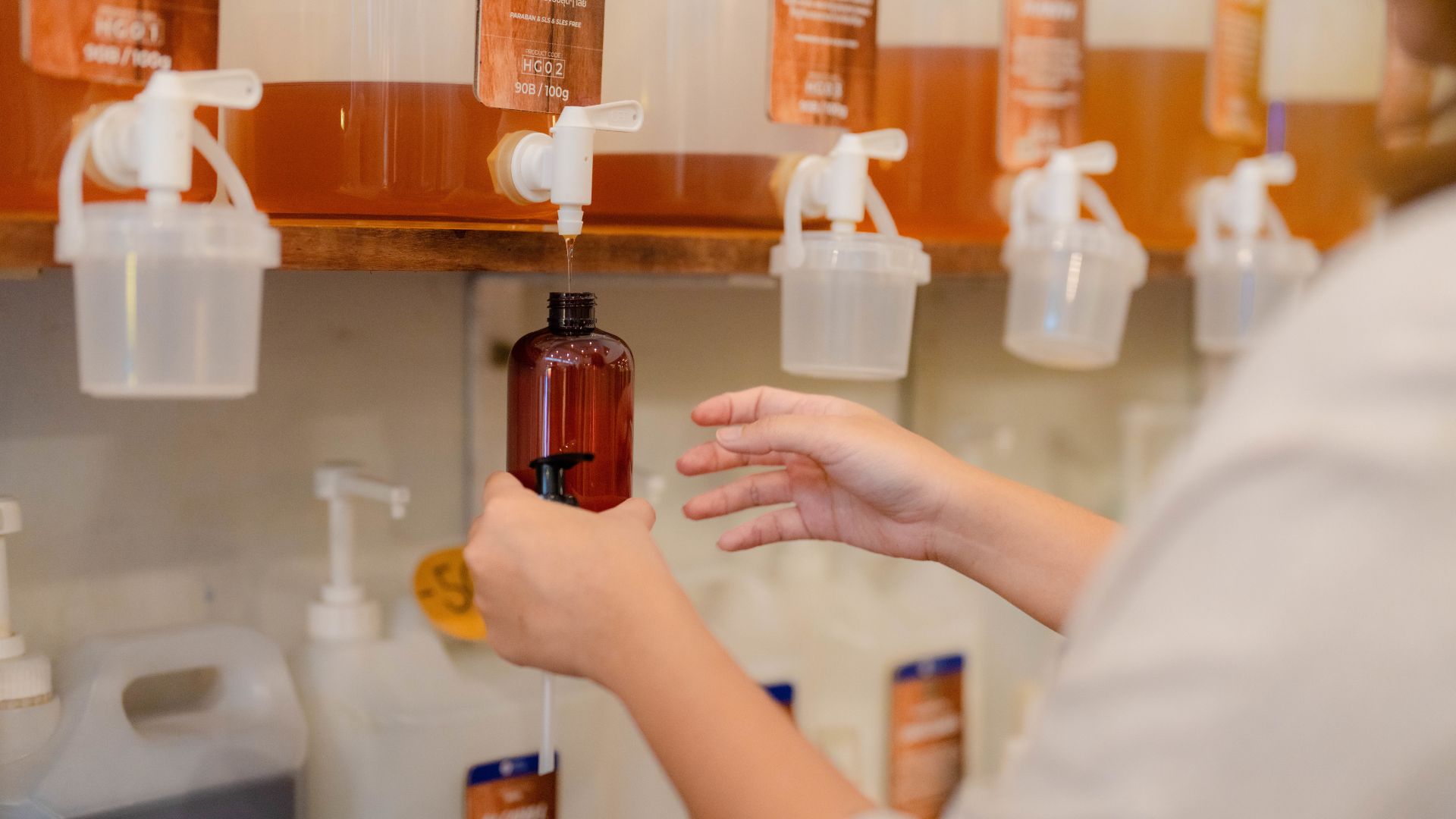
In more recent years, a lot of brands have begun selling refills for their beloved products, whether that's your favourite multi-purpose cleaner or body lotion. Not only do these refills usually come in recyclable packaging but they're often cheaper too!
Bernie explains that these refillable products stop plastic bottles from ending up in landfills, with billions collecting there each year. "So opting for refillable products can make a positive impact on the environment as well as your wallet - as you are paying for the contents of the product not just the packaging," he says.
So when you're next shopping for your kitchen cleaning routine, why not opt for a refillable option and save yourself some money in the long run?
Now you've incorporated these sustainable home hacks why not take it outdoors by installing a rain chain or even trying your hand at rainwater harvesting? Both these instalments are a great way to increase your garden's eco-friendliness whilst cutting down your costs and consumption of water.

Emily joined woman&home as a staff writer after finishing her MA in Magazine Journalism from City University in 2023. After writing various health and news content, she now specialises in lifestyle, covering unique cleaning hacks, gardening how-tos, and everything to help your houseplants thrive.
-
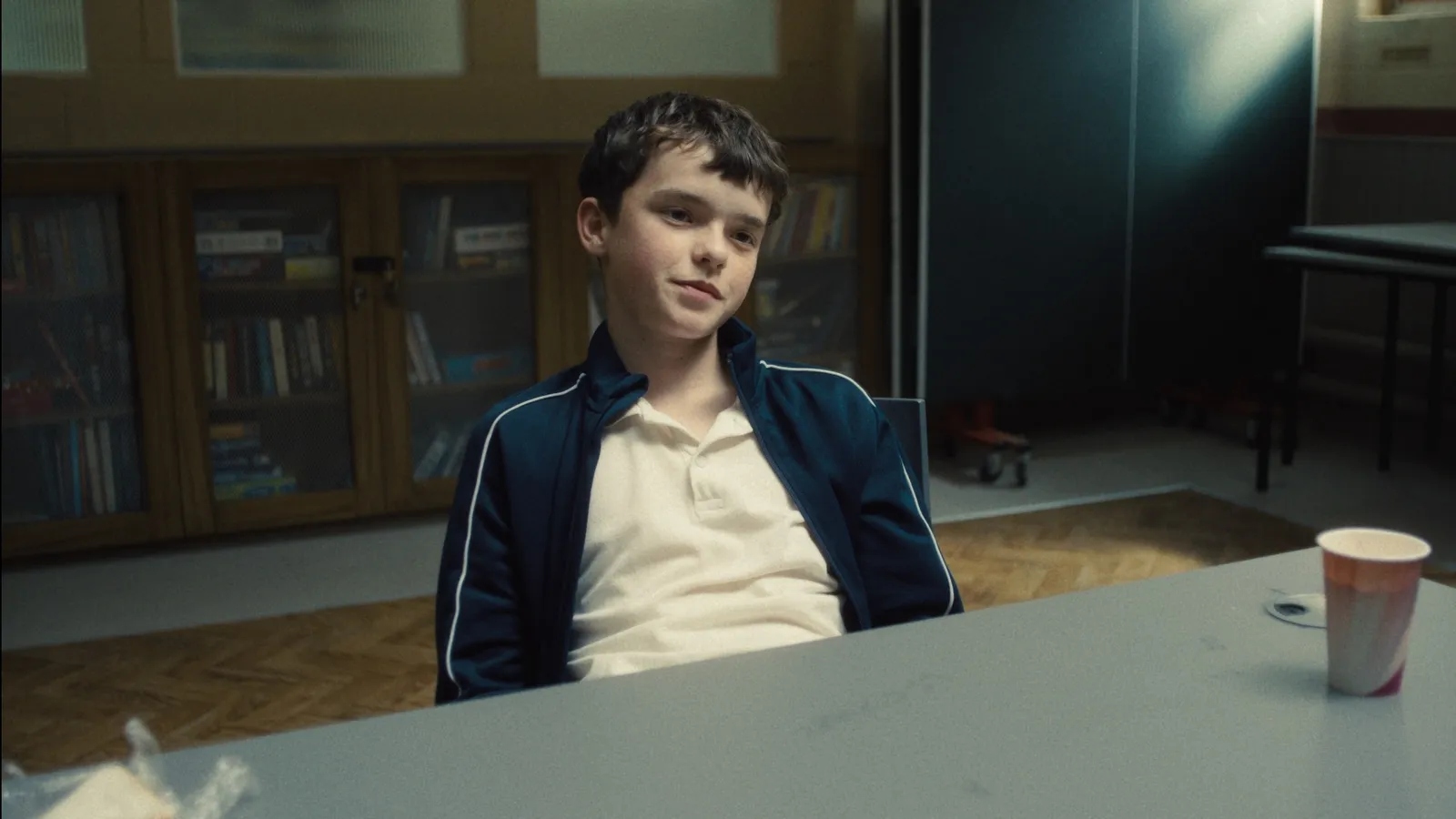 Concerned about Netflix’s Adolescence? You’re not alone - here’s how I approached toxic masculinity with my son
Concerned about Netflix’s Adolescence? You’re not alone - here’s how I approached toxic masculinity with my sonPlus three mums share their experience
By Debra Waters
-
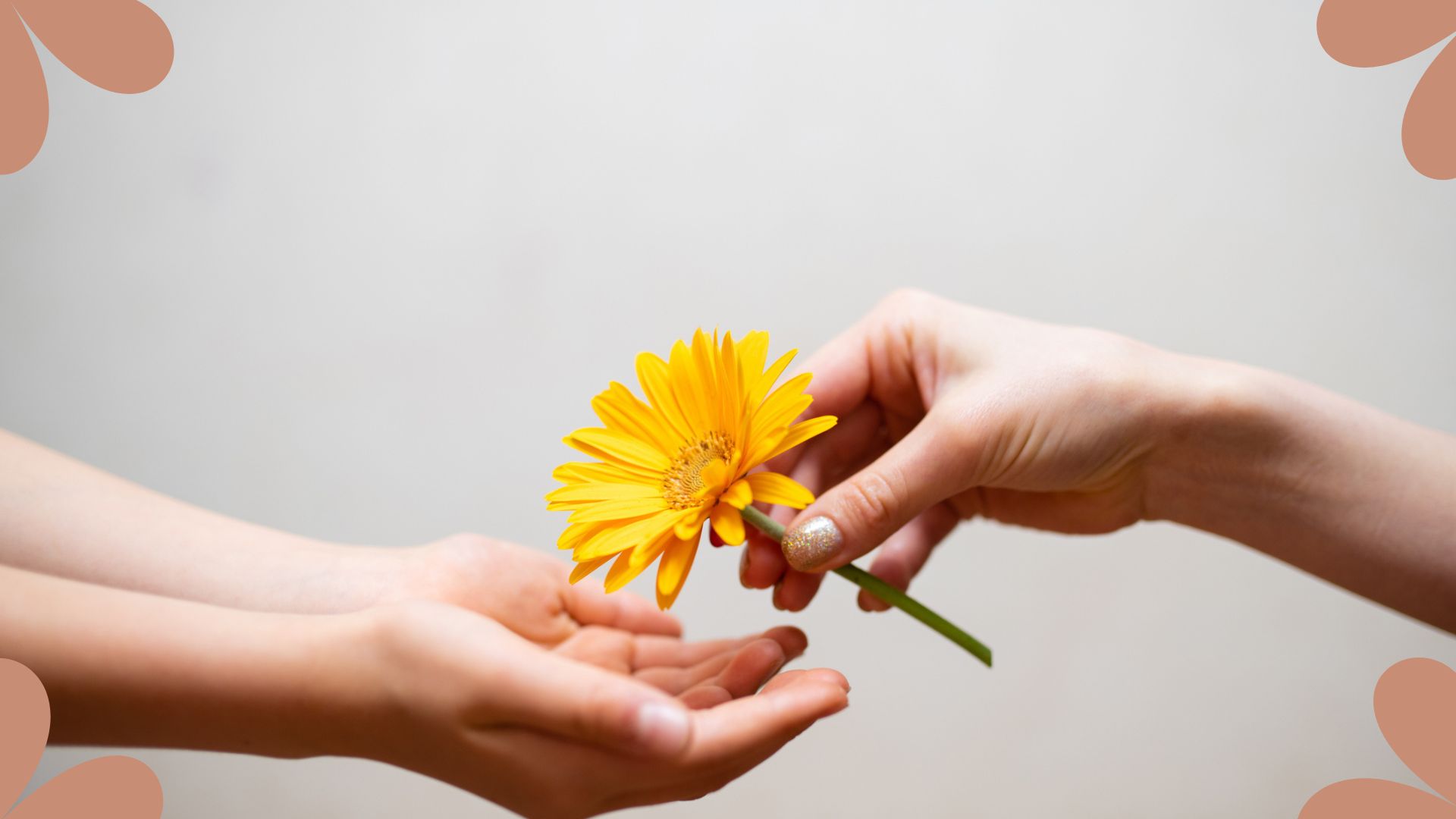 Small acts of kindness to brighten someone's day
Small acts of kindness to brighten someone's dayThese little acts of kindness and thoughtful gestures can truly create a positive impact
By Anna Paul
